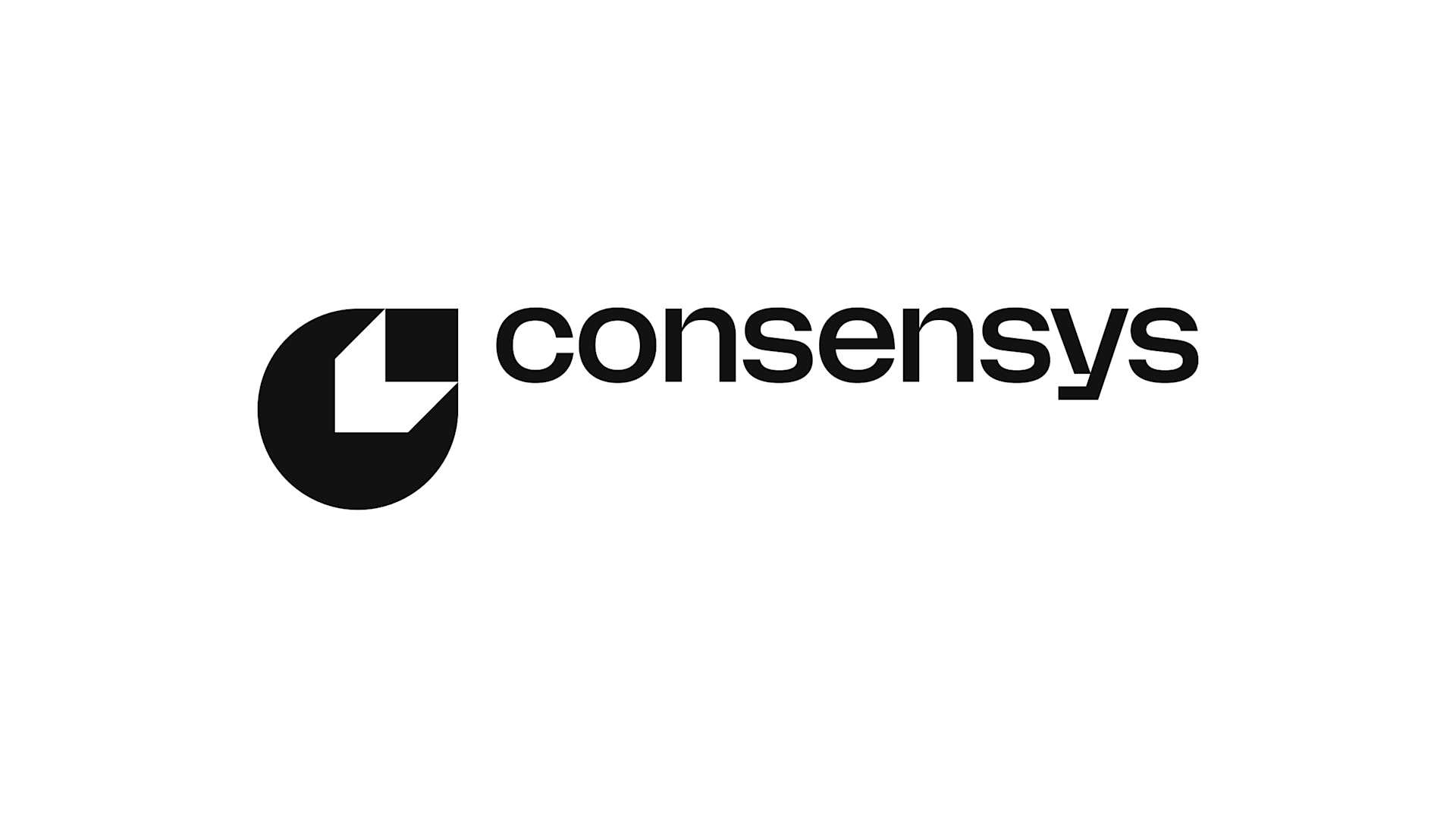
An unprecedented breach at 4chan has resulted in sensitive internal chaos and user data exposure, suspected to have been orchestrated by the rival Soyjak Party.
The breach reveals significant cybersecurity vulnerabilities at mainstream online forums, raising concerns among users and prompting scrutiny over data protection practices.
4chan Breach Allegedly by Rival Group Soyjak Party
The 4chan breach exposed internal chaos and leaked user data, rocking the online community. It was allegedly executed by a rival group, the Soyjak Party, marking a major hacking incident in digital communities.
“The operation labeled ‘Soyclipse’ revealed admin and moderator information, source code, and internal discussions from 4chan.” – Chud, Hacker, Soyjak.party
4chan and the Soyjak Party are embroiled in a digital clash, with hackers accessing sensitive documents and user information. This event highlights weaknesses in digital security practices, sparking debates on data protection.
Users Concerned Over Personal Data Security Post-Breach
The breach’s aftermath triggered widespread concern among users, fearing their personal data might be compromised. Security analysts emphasize the breach underlines the need for enhanced cybersecurity measures, especially in communities with high user engagement.
Experts predict potential financial, regulatory, and technological outcomes from the breach. Affected platforms could face legal scrutiny, and the incident serves as a cautionary tale of potential implications of lax cybersecurity practices in the digital age.
Lessons from Sony Pictures Hack and 4chan Breach
The incident recalls past breaches, such as the 2014 Sony Pictures hack. Unfolding similarly, it stresses the persistent risk of cyber threats to online communities, underlining the importance of robust cybersecurity frameworks.
Experts from Kanalcoin suggest the breach might lead to tighter cybersecurity regulations. Data protection trends indicate that platforms like 4chan must fortify their defenses against future threats to safeguard user trust.









